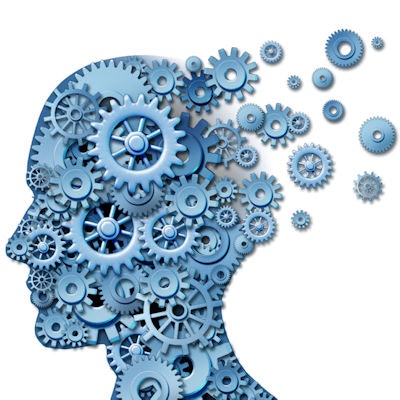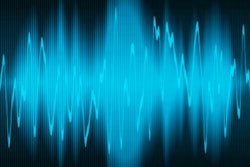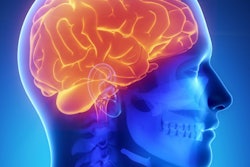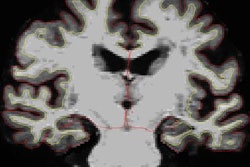
Researchers combined MRI scans with machine-learning algorithms to develop a "brain age" score that could provide insights into which patients are at risk for poor health and may die at an early age, according to a study published online April 25 in Molecular Psychiatry.
Researchers at the Imperial College London and the University of Edinburgh in Scotland developed the technique and tested it in a group of older Scottish adults to calculate the difference between patients' brain age, based on the volume of their brain tissue, and their chronological ages. Their analysis found that the greater the disparity between the two ages, the higher the risk of a person having poor mental and physical health, and even an early death (Mol Psychiatry, April 25, 2017).
Lead author Dr. James Cole, a research associate in the Imperial College London Department of Medicine, hopes that MRI scans coupled with the algorithm can become a screening tool to identify risks of cognitive decline and death in patients before the age of 80. The information then could be used for early intervention to stave off issues that could lead to declining health.
The researchers' approach builds on conventional MRI methods to measure brain volume, adding a machine-learning algorithm to estimate the overall loss of gray and white matter, which happens naturally as people age. They then tested the technique on MRI scans of more than 2,000 healthy people to create a normalized brain map, which in turn would accurately predict a person's brain age.
The cohort was further narrowed to 669 people who all were born in 1936 and had undergone MRI scans at age 73. Commonalities among the individuals gave researchers a score for predicted brain age.
Follow-up analysis revealed that subjects with a brain age older than their actual age performed worse on standard physical measures for healthy aging, including grip strength, lung capacity, and walking speed. Most interestingly, researchers determined that men with a difference of at least eight years between their brain age and chronological age were more likely to die before the age of 80. This also applied to women with a difference of two years between the benchmarks.
Thus, if a brain appears older than it should using the technique, it could be a sign of an abnormality and put a person at greater risk of age-related brain disease or cognitive impairment, the authors noted. In turn, Cole and colleagues believe the brain volume technique could warn healthcare practitioners about a potential risk of their patients' advanced brain age.
While the technique has great potential, the researchers stressed there is still a relatively large margin of error, with the absolute error in determining brain age across all the MRI scans found to be five years.
Cole and colleagues currently are refining the technique to include different types of imaging, such as diffusion MRI scans, to improve accuracy.




















